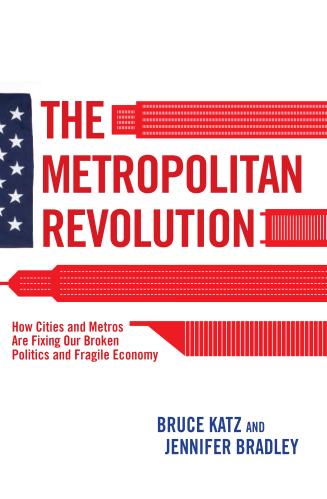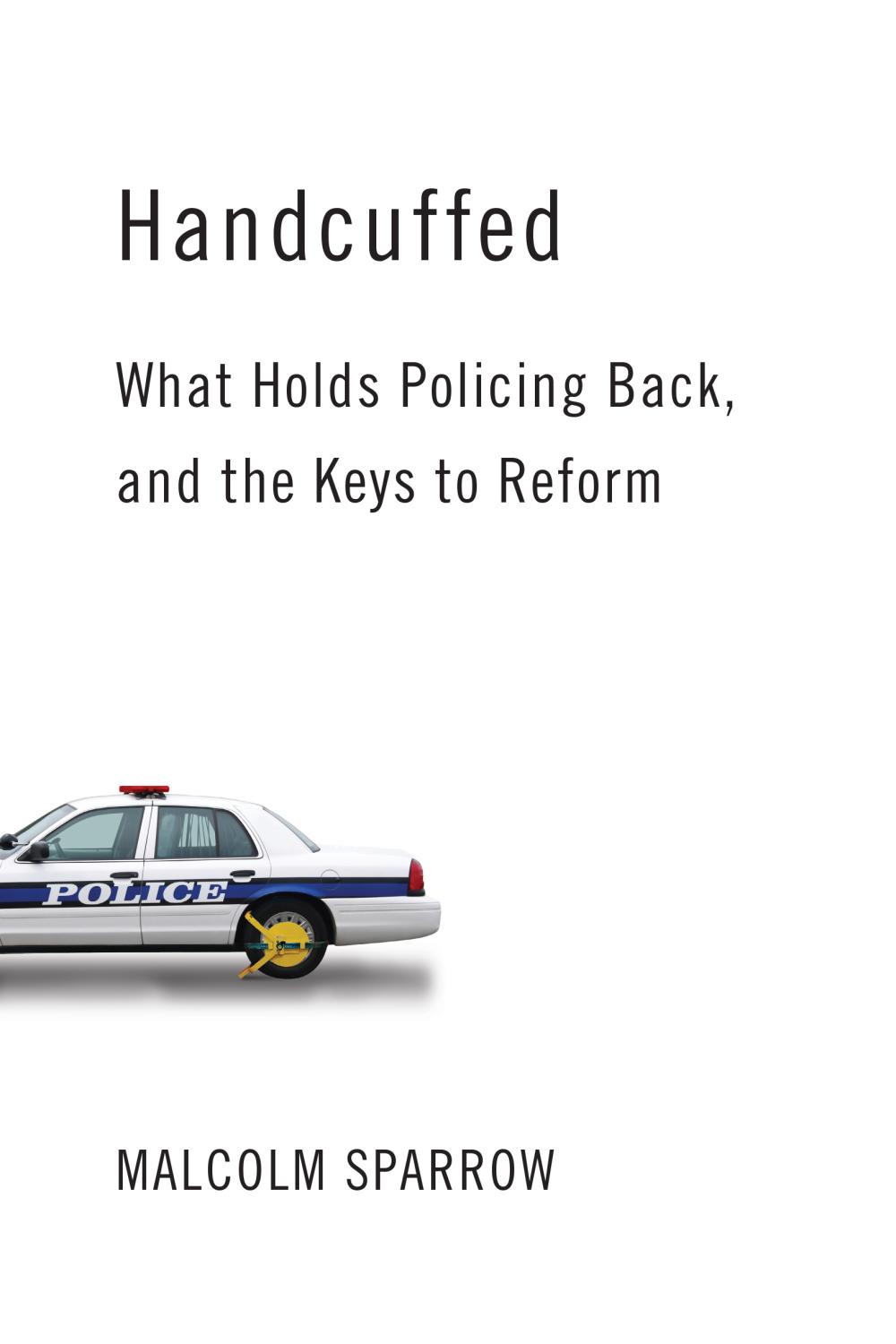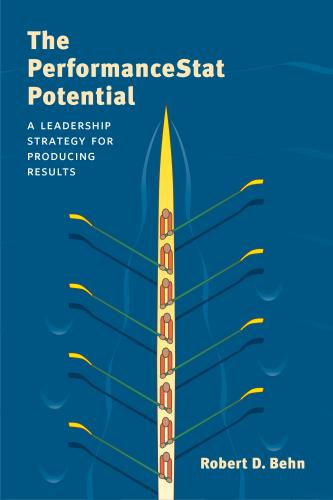


Book
Whatever happened to community and problem-oriented policing? How the current crisis in policing can be traced to failures of reform.
The police shooting of an unarmed young black man in the St. Louis suburb of Ferguson, Missouri, in August 2014 sparked riots and the beginning of a national conversation on race and policing. Much of the ensuing discussion has focused on the persistence of racial disparities and the extraordinarily high rate at which American police kill civilians (an average of roughly three per day).
Malcolm Sparrow, who teaches at Harvard’s Kennedy School and is a former British police detective, argues that other factors in the development of police theory and practice over the last twenty-five years have also played a major role in contributing to these tragedies and to a great many other cases involving excessive police force and community alienation.
Sparrow shows how the core ideas of community and problem-solving policing have failed to thrive. In many police departments these foundational ideas have been reduced to mere rhetoric. The result is heavy reliance on narrow quantitative metrics, where police define how well they are doing by tallying up traffic tickets issued (Ferguson), or arrests made for petty crimes (in New York).
Sparrow’s analysis shows what it will take for police departments to escape their narrow focus and perverse metrics and turn back to making public safety and public cooperation their primary goals. Police, according to Sparrow, are in the risk-control business and need to grasp the fundamental nature of that challenge and develop a much more sophisticated understanding of its implications for mission, methods, measurement, partnerships, and analysis.
Malcolm K. Sparrow is professor of the Practice of Public Management at Harvard’s John F. Kennedy School of Government, and faculty chair of the school’s executive program “Strategic Management of Regulatory and Enforcement Agencies.” His previous books include Beyond 911: A New Era for Policing (with Moore & Kennedy, 1990); The Regulatory Craft (Brookings, 2000); and The Character of Harms (Cambridge University Press, 2008).
Listen to Malcolm Sparrow discuss Handcuffed on the Brookings Cafeteria podcast.
Advance Praise for Handcuffed
We need a clear vision of where policing in America is headed. We surely need a broader view of what it means to succeed in the vital but enormously complex enterprise of policing. Sparrow provides rich and very timely help. Every police chief will find ideas here they can use, and their communities will be better served as a result.
—Charles Ramsey, Cochair, President’s Task Force on 21st Century Policing,
and Former Commissioner, Philadelphia Police Department
Hardly anyone writes more thoughtfully and perceptively about policing than Malcolm Sparrow. He argues here that American law enforcement has lost its way by failing to follow through on the core commitments of community and problem-oriented policing. Anyone who cares about the state of American policing should read this book.
—David Alan Sklansky, Stanley Morrison Professor of Law, Stanford Law School
Malcolm Sparrow, one of the nation’s leading scholars on policing, provides timely and penetrating analysis. He brushes aside, with refreshing candor, much of the contemporary superficial treatment of the field’s ills, challenging claims and assumptions that clutter popular reform agendas. He proposes more profound and ambitious change, drawing heavily on his work with other regulatory agencies—a body of experience very comparable to local policing, but rarely tapped for its relevance. This book “points the
way” and ranks among the most valuable resources available during this crisis.
—Herman Goldstein, Professor of Law Emeritus, University of Wisconsin Law School, and author, Policing a Free Society and Problem-Oriented Policing
America’s police, still trying to recover from the “Great Recession,” now face the crisis resulting from Ferguson and subsequent events. In Handcuffed Malcolm Sparrow makes an enormous contribution, clarifying the underlying challenges and showing how police can increase both effectiveness and community confidence. This book reinforces Sparrow’s decades-long advocacy for problem-oriented policing.
—Darrel W. Stephens, Executive Director, Major Cities Chiefs Association
Related Books

Bruce Katz, Jennifer Bradley
December 11, 2014

Robert D. Behn
June 24, 2014
Author
Malcolm K. Sparrow served ten years with the British Police Service, rising to the rank of Detective Chief Inspector. He has conducted internal affairs investigations, commanded a tactical firearms unit, and has extensive experience with criminal investigation. He is currently professor of the Practice of Public Management at Harvard’s John F. Kennedy School of Government and faculty chair of the school’s executive program—Strategic Management of Regulatory and Enforcement Agencies. A mathematician by training, he is a patent-holding inventor in the area of automated fingerprint identification systems (AFIS). He holds an MA in mathematics from Cambridge University, an MPA from the Kennedy School, and a PhD in applied mathematics from Kent University at Canterbury.
‘Handcuffed’: What’s the primary goal of policing?
Re-Humanizing Policing
The Problem With Modern Policing, as Seen From the Right and From the Left
Why we can’t reform our cops: Race, guns and the failure to police the police